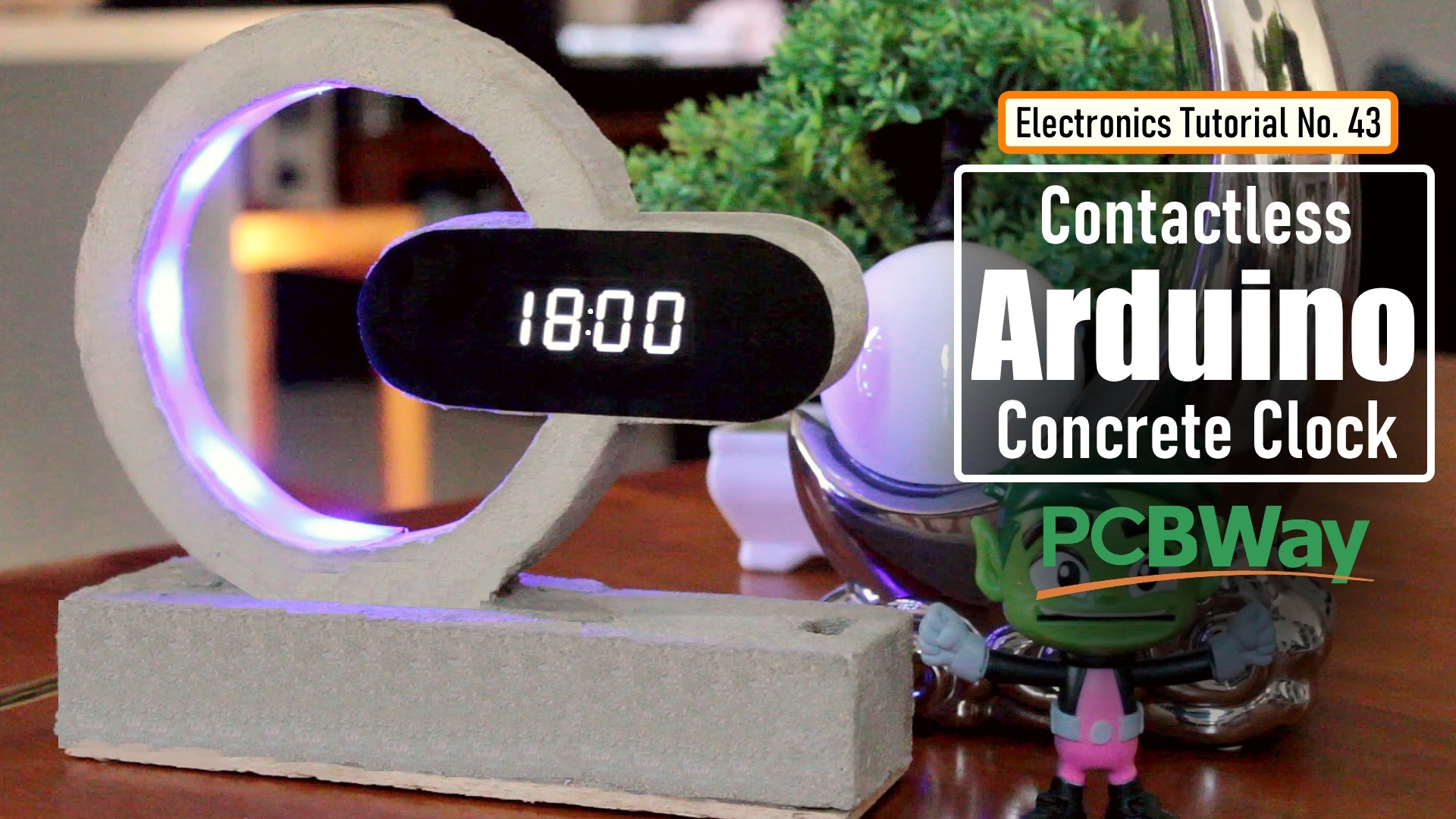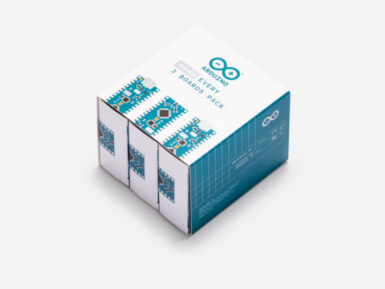
Overview
The DFRobot Expansion shield introduced to the market the famous color code for sensors and actuators input and output. The 3 pin format for Signal, Voltage and Ground is extremely useful, specially if used altogether with our increasingly large range of modules, sensors and devices that just fit. Alternatively, the board includes power input for salvaged power supplies or laboratory power supplies. Very common Xbee socket for multipurpose wireless connectivity such as RF, wireless, bluetooth.
The new version includes a voltage hardware setting through a jumper to allow compatibility with a bigger range of components at 3.3v. It also includes a Servo external power, with a protective diode. This way you can enable a large range of servos from your Arduino.
Latest version features a convenient switch that lets you program your ATmega328 boards like UNO, while you have another Serial device connected like a Xbee. Switch it, program it and get it back up and running with another switch. You don't need to disassemble your hardware or wiring. A LED on top board and a reset button is in order to make it just a natural extension to Arduino boards. The LED is connected to pin 13.
Features:
- Compatible with the Arduino Due
- 3.3V/5V operating voltage select
- Switch for wireless communication & programme
- More Easily recognitive interfaces
- Colorful header for illustrating digital or analog pins
- Immersion gold surface
Tech specs
- Input Voltage
- 7-12V, PWR_IN
- 4.8-6V, SERVO_PWR, depending on your servo
- Compatible module voltage: 5V/3.3V
- Support interface: I2C, SPI, Xbee (Xbee pro), Bluetooth, APC220
Get Inspired

In this tutorial, I am going to show you guys how to create this Arduino based touchless concrete clock.

The Arduino Nano Every is now available in a 3 and 6 pack - perfect for running a course or powering all your projects with Arduino. For those countless creations requiring a small and easy to use microcontroller board, the Nano Every has the tiniest Arduino form factor out there measuring just 45x18mm. Whether you’re working on a low-cost robotics project for the entire classroom or presenting a complex prototype with many functional blocks, this pack offers exactly what you need - a batch of Nano Every boards at a great price! This robust little board costs as little as €7.50 each ($9.30 each) in the 6 pack, saving €0.50 ($0.60) per board versus the single. It’s now more affordable than ever to forecast the local across town by building your own little band of Gnome Weather Forecasters in your class. Get your Arduino Nano Every - Pack on the Arduino online store!








